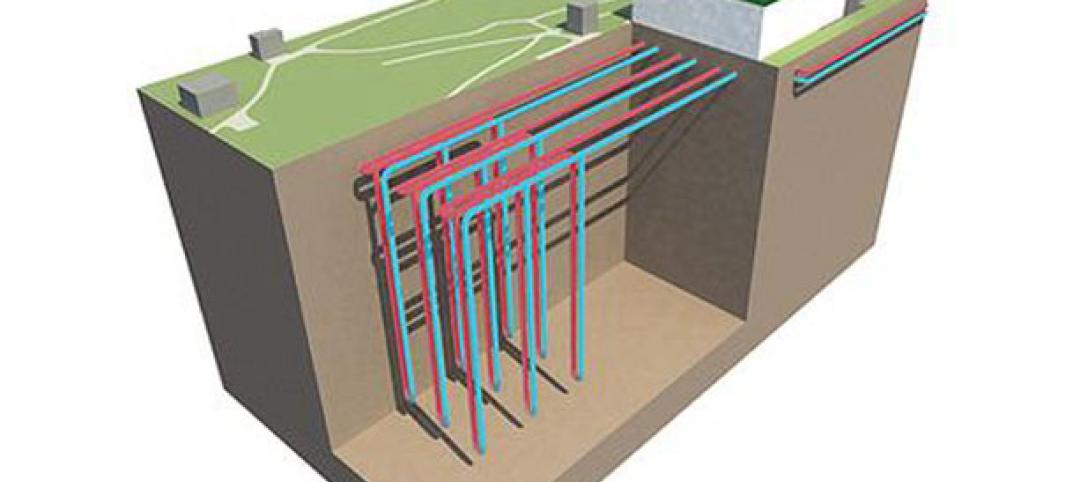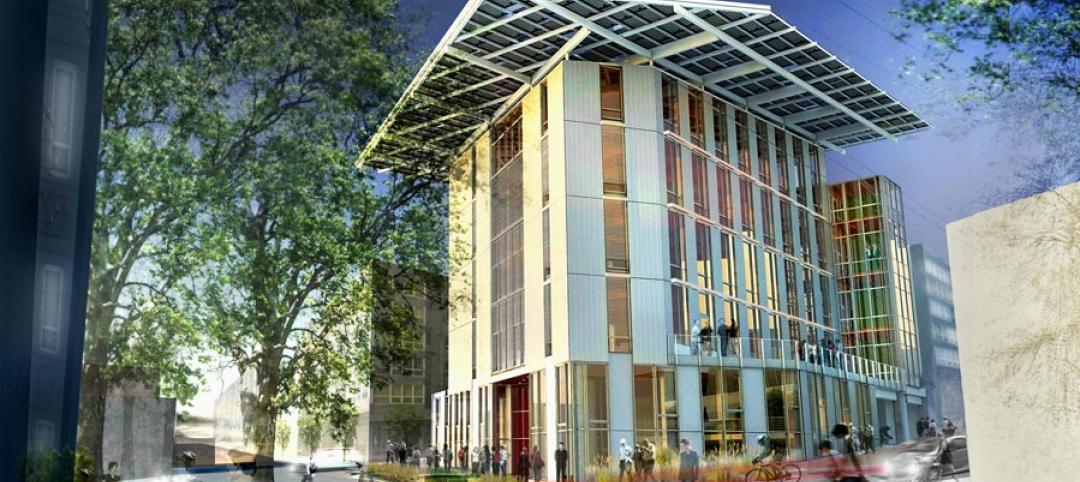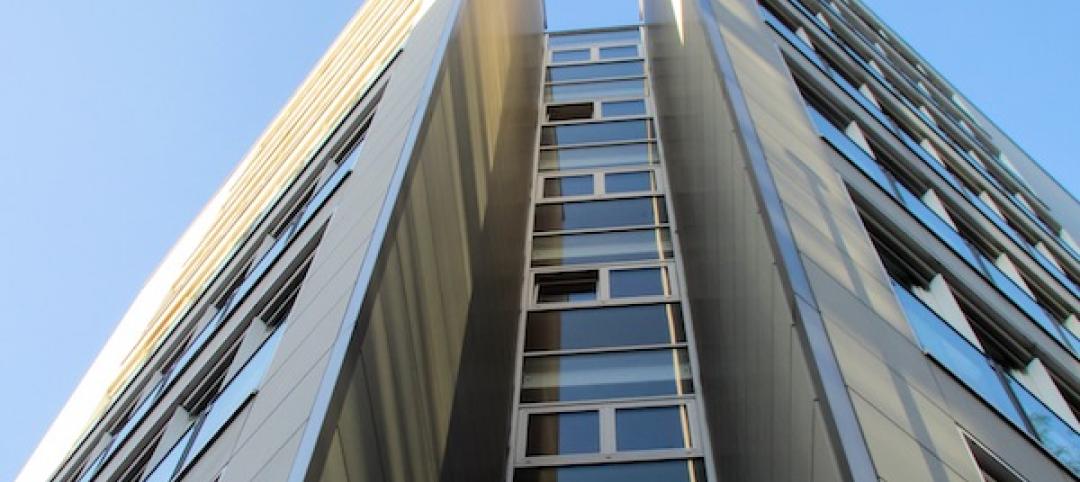Local building code officials should be involved early in a project to produce better building performance, according to a new white paper by the National Institute of Building Sciences National Council on Building Codes and Standards (NCBCS).
Engaging Code Officials Early in the Process to Achieve High-Performance Buildings makes the case for code officials to act more as collaborators and facilitators on projects. This will result in the building team being able to better tap into the expertise of codes officials.
“Many communities are adopting customer-service focused models to engage with their citizens,” the white paper says. “The code department can and should serve as a shining example of a customer-centered municipal function, while maintaining its important mission of assuring community safety.”
“Involving code officials, such as building, fire, mechanical and plumbing officials early in the project provides the project team with comprehensive client services while helping to deliver predictable enforcement expectations. This initial engagement creates a link between stakeholders, economic development and health, safety, and welfare by involving the relevant authorities.”
The white paper offers suggestions for implementing a more collaborative approach and addresses potential challenges. It includes a draft meeting agenda for jurisdictions to reference when setting up initiation meetings with teams when beginning new projects.
Related Stories
| Feb 20, 2013
Group of West Coast civil engineers developing building standards for tsunamis
A group of civil engineers from around the western U.S. is developing additions to the building code to address the threat of a tsunami.
| Feb 20, 2013
Higher standards, efficiency programs keys to 40% energy usage reduction in commercial buildings since 1980
Commercial buildings have seen a drop in their energy intensity of more than 40% since 1980, according to a recent report from Bloomberg New Energy Finance and the Business Council for Sustainable Energy.
| Feb 12, 2013
Higher education institutions providing leadership on sustainability
More than 665 U.S. colleges and universities have publicly committed to pursue net-zero carbon emissions.
| Feb 12, 2013
ASHRAE publishes protocols for performance measurement
ASHRAE has published “Performance Measurement Procedures for Commercial Buildings: Best Practices Guide,” a how-to guide for continuously evaluating and improving the performance of commercial buildings throughout their service life.
| Feb 12, 2013
California resolves ADA inconsistencies with 2013 building code
The recently adopted 2013 California Building Code (CBC) revisions bring the state code in line with the federal Americans With Disabilities Act 2010.
| Feb 12, 2013
Bullitt Foundation says Living Building Challenge can only be met after code change
The 50,000 sf Bullitt Center in Seattle is being constructed to be the greenest, most energy-efficient commercial building in the world, and meet the ambitious goals of the Living Building Challenge.
| Feb 12, 2013
Tilt-Up Concrete Assn. offers technical advice on 2012 International Energy Code
The Tilt-Up Concrete Association (TCA) says it can be a major industry resource in helping designers adhere to the International Energy Conservation Code (IECC).
| Feb 8, 2013
WDMA releases national policy agenda for windows, doors, skylights
Document urges a regulatory stance that will support manufacturing, including favorable building codes and tax policy.
| Feb 6, 2013
Green-roofing bills approved by New Jersey's state Assembly
Two bills that would require installation of green and blue roofs on new government buildings received overwhelming approval from the state Assembly in New Jersey.
| Feb 6, 2013
BOMA favors voluntary energy benchmarking and disclosure, opposes mandates
The Building Owners and Managers Association (BOMA) International announced support for voluntary energy benchmarking, but said it opposes mandates for benchmarking, disclosure, and labeling that many states and municipalities are implementing.














